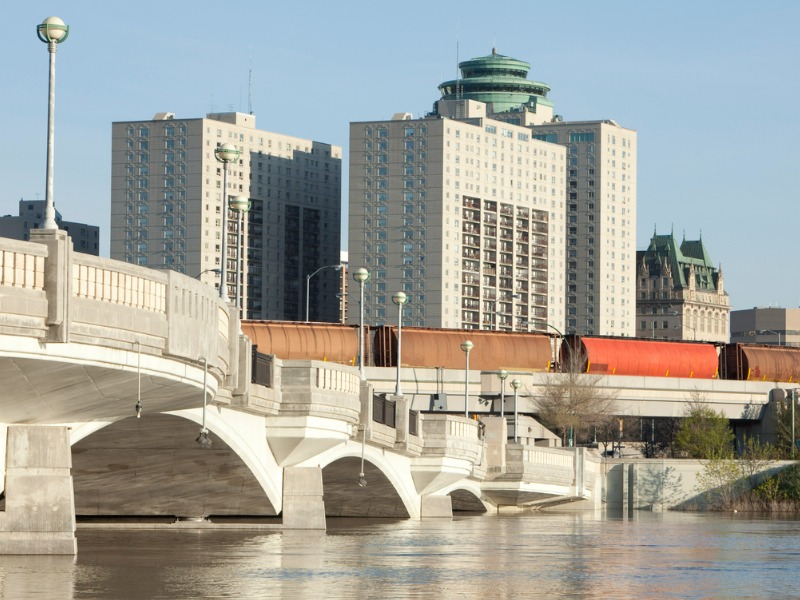Why ICLR is heading West

As part of a partnership with Wawanesa Insurance, the Institute for Catastrophic Loss Reduction (ICLR) will set up a new ICLR Climate Resilience Centre in Winnipeg. Wawanesa is providing office space and operating funds for the new centre.
The centre will be headed by Emilia Cameron, ICLR’s manager, climate resilient communities. The non-profit organization, founded in 1997, focuses on ways Canadian property owners, businesses and communities can prepare for and adapt to severe weather events exacerbated by climate change.
“The centre will be open in late spring or early summer. We are working to get it ready now,” ICLR managing director Glenn McGillivray tells Canadian Underwriter.
Wawanesa says it looks forward to working with ICLR’s experts to advance programs that would benefit their members. “This includes how we can help [them] rebuild stronger following a loss, or relocate to another location,” Graham Haigh, Wawanesa’s senior vice president and chief operations officer, West, tells us.
He adds in a press release, “With this new Climate Resilience Centre in Winnipeg, which will serve all of Canada, ICLR will reach even more stakeholders and help us all better prepare for the extreme weather that is here now and which will become more extreme in the years ahead.”
Hopes are for the centre to attract a range of stakeholders, including local governments and building code officials, emergency managers, homebuilders, home inspectors, disaster restoration contractors and the full range of insurance company staff – including actuarial, underwriting and claims, says McGillivray.
It will be designed to teach best practices for creating climate resilience, including:
Developing programming and distributing information to stakeholders that’s relevant to climate risks across the country.
Multimedia and other hands-on displays highlighting practical strategies for property loss mitigation. These displays can also travel to communities for educational events on hazards like basement flooding/sewer backup, wildfire, overland flooding, extreme wind and hail.
Attendance at the centre will be free and groups can book space there for educational sessions or other in-person events.
“Addressing the impacts of climate change requires an all-of-society approach and we hope to get players representing all of society into the centre for a hands-on educational experience,” McGillivray tells us.
“Build back better is a central theme of ICLR’s current strategic focus and will figure prominently in messages coming out of the centre. One of the exhibits…will demonstrate the basic actions that can be taken to protect a home against riverine flooding, and relocation is central to that. But relocation is generally a public policy question, insurers play only a part role in that. We need government at all levels to weigh in.”
The centre also will allow stakeholders to demonstrate climate change risks as well as solutions to problems insureds are facing, ICLR executive director Paul Kovacs notes in a press release.
“Actually showing them how resilience features work, allowing people to push a button or turn a dial, and fostering a dialogue brings life to the science of resilience and helps to further understanding of what needs to be done to protect Canadians against severe weather,” he says.
Feature image by iStock.com/mysticenergy







